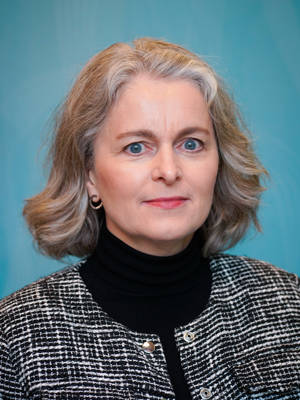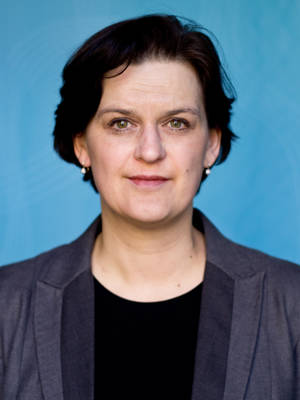Since 2012, the United Nations Department of Political Affairs (DPA), in collaboration with PRIO and the Crisis Management Initiative (CMI) in Finland, has organized High-Level Seminars on Gender and Inclusive Mediation Processes. The purpose of these seminars is to train high-level UN personnel involved in peace mediation on how to become more gender sensitive – understood both as including more women in peace processes and/or integrating women's interests in relevant peace agreements and strategies for peacebuilding. One central theme in these meetings is religious and cultural challenges.
The aim of this study is to select a set of high-level peace mediators and analyze their work, their strategies, achievements and set-backs in the field of gender equality and women's empowerment in relation to cultural and religious challenges.
The methodological approach in this study includes:
- participant observation from High-Level Seminars on Gender and Inclusive Mediation Processes;
- document analysis of central texts guiding the mediator’s respective mandates;
- and interviews with peace mediators focusing on particular challenging thematic areas linked to the normative gender framework on UNSCR 1325 and the strategies employed by the peace mediators to meet these challenges.







